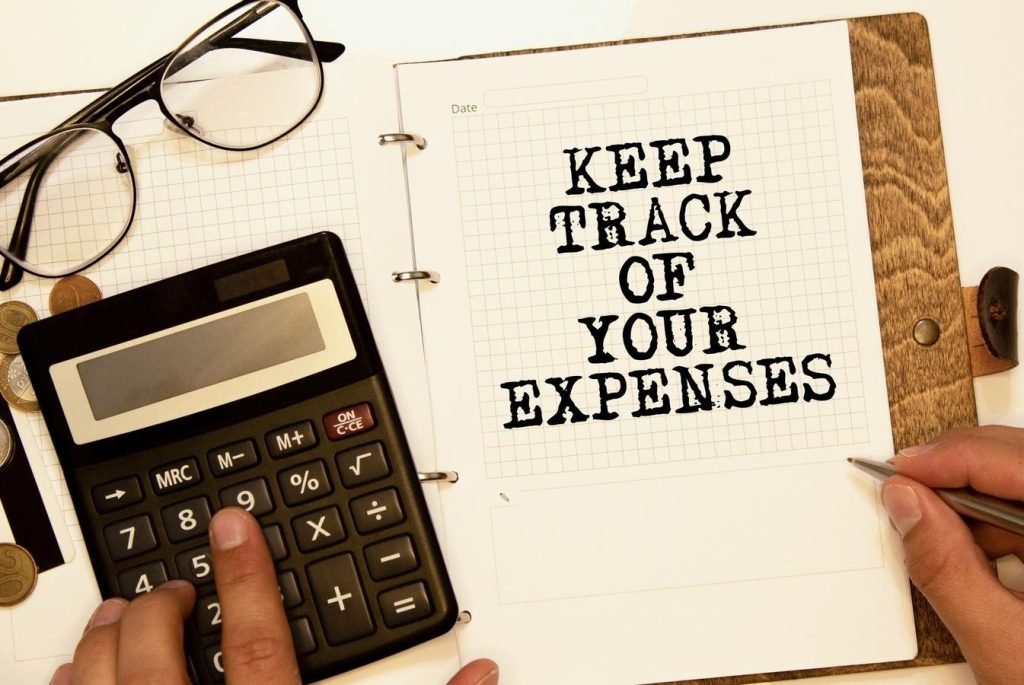Expense tracking, often overlooked, is a fundamental pillar of sound financial management. It provides a clear and comprehensive view of your financial inflows and outflows, empowering you to make informed decisions and achieve your monetary goals. This practice goes beyond simply recording transactions; it fosters a deep understanding of your spending habits, reveals hidden leaks in your budget, and paves the way for a more secure and prosperous financial future. Whether you aspire to eliminate debt, save for a down payment, or simply gain control of your finances, expense tracking is the essential first step.
One of the most significant benefits of expense tracking lies in the enhanced financial awareness and control it provides. By diligently recording every purchase, from the smallest coffee to the largest bill payment, you gain a precise understanding of where your money is going. This granular view allows you to identify areas of overspending, often on seemingly insignificant items that accumulate over time. Recognizing these patterns empowers you to make conscious choices about your spending, redirecting funds towards more meaningful goals and building a stronger financial foundation. This increased awareness translates into greater control over your finances, reducing financial anxiety and fostering confidence in your ability to manage your money effectively.
Expense tracking also serves as the bedrock of effective budgeting and goal setting. A budget based on actual spending data is far more realistic and sustainable than one built on estimations. By tracking your expenses, you gain concrete insights into your essential and discretionary spending, allowing you to allocate funds appropriately and create a budget that aligns with your lifestyle. This realistic approach minimizes the risk of setting overly restrictive limits that often lead to frustration and abandonment of the budgeting process. Furthermore, expense tracking directly supports the achievement of financial goals. Whether you aim to save for a major purchase, build an emergency fund, or retire comfortably, tracking your expenses provides a clear roadmap of your progress, motivating you to stay on track and make necessary adjustments along the way.
Beyond budgeting and goal setting, expense tracking can have a positive impact on your credit score and negotiation power. By meticulously monitoring your expenses, you can ensure timely bill payments, a crucial factor in maintaining a good credit history. Tracking also helps you manage your credit utilization ratio, keeping your debt levels in check and further boosting your creditworthiness. A strong credit score translates to lower interest rates on loans and credit cards, saving you money in the long run. Moreover, expense tracking provides valuable leverage when negotiating with service providers. Armed with concrete data on your spending habits, you can effectively demonstrate your loyalty and compare prices, potentially securing better rates and saving on recurring expenses.
Another critical advantage of expense tracking lies in its ability to detect and prevent fraud. Regularly reviewing your financial transactions allows you to quickly identify unauthorized charges, duplicate payments, or any suspicious activity on your bank and credit card accounts. Early detection is crucial in minimizing financial damage and taking swift action to address fraudulent attempts. By being vigilant and proactive, you can protect yourself from financial loss and maintain the security of your accounts. This proactive approach not only safeguards your finances but also provides peace of mind, knowing that you are actively monitoring and protecting your hard-earned money.
Finally, and perhaps most importantly, expense tracking significantly reduces financial stress. The uncertainty of where your money is going can be a major source of anxiety. By gaining a clear understanding of your financial inflows and outflows, you can anticipate potential challenges, plan accordingly, and avoid last-minute surprises. This proactive approach eliminates the panic and rushed decisions that often accompany unexpected expenses. With a comprehensive view of your finances, you can make informed choices, prioritize your spending, and allocate resources effectively, ultimately fostering a sense of control and reducing financial stress. This improved financial well-being translates to a more positive overall outlook, allowing you to focus on other important aspects of your life without the constant worry of financial instability.
Implementing effective expense tracking involves choosing the right method, recording every expense diligently, making it a habit, regularly reviewing and analyzing your spending, and staying motivated. Whether you prefer a manual approach using a notebook or leverage the convenience of digital budgeting apps, the key is to find a system that aligns with your preferences and promotes consistency. Remember that no expense is too small to track; even minor purchases can accumulate over time and impact your overall budget. Integrate expense tracking into your daily routine, setting aside dedicated time to update your records. Regularly review your tracked expenses to identify trends, make necessary adjustments to your budget, and celebrate milestones along the way. By embracing these practices, you transform expense tracking from a chore into a powerful tool for achieving financial freedom and security.

